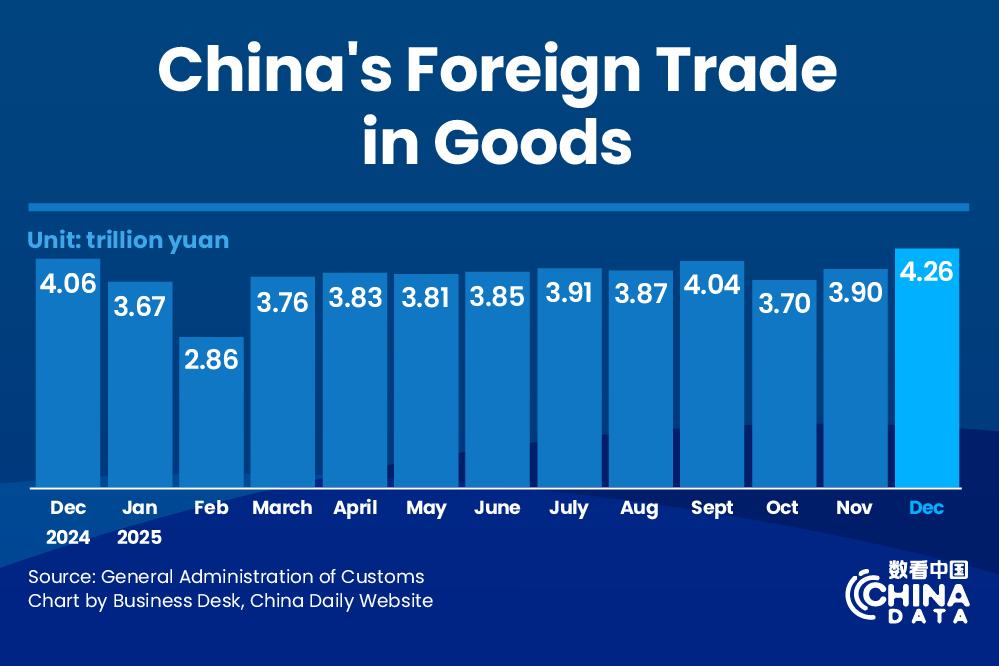Digitalization of local services spells jobs


On-demand online platforms create flexible work hours and new positions that are transforming lives of young people
China's resolve to create decent livelihoods for young people, particularly in smaller cities and towns, is receiving a fillip from the digitalization of private-sector local services.
The trend has spawned a variety of new-age jobs, including some value-added ones with technical elements as well as second-income opportunities in the form of part-time employment.
Zhang Qi, 28, a music teacher from Qingdao, Shandong province, exemplifies the beneficiaries of the trend.
About two years ago, Zhang joined the ranks of part-time deliverymen of Ele.me, a Chinese online-to-offline platform that offers on-demand food delivery and other services.
"I often deliver about 20 meals a day, which could earn me about 3,000 yuan ($430) to 4,000 yuan a month. The part-time job is relatively flexible. It lets me earn a steady second income that supplements my overall takings. I also work as a singing teacher," Zhang said.
He graduated from the Beijing Contemporary Music Academy in 2011, and began a career as an independent vocal music teacher. After working and living in Beijing for about two years, however, Zhang decided to head back home to look after his parents.
The music job keeps him busy Monday through Friday; and on weekends, he works as a deliveryman for about 10 hours.
"I do face some difficulties like bad weather on rainy or snowy days, which result in delayed deliveries during peak hours. I'm always in a hurry to deliver food after classes, if I happen to teach on weekends."
But overall, he is satisfied with this work. His living conditions have improved a lot, he said.
Like Zhang, thousands of young people have taken up second jobs like that of couriers so they could work and live in their hometowns and monetize their leisure time.
They have the booming digital economy to thank for. It has brought new jobs to even residents living in counties and villages. The rapid growth of emerging industries provides people with incomes comparable to those earned in big cities.
Ele.me and Koubei, a provider of local services from the stable of Alibaba Group Holding Ltd, announced it plans to add 15 percent more frontline employees this year.
They will be concentrated in fields like product technology, merchant services and business operations. The recruitment plan is part of a broader push to drive forward the digitalization of the local services industry.
Wang Lei, president of Alibaba's local services company, said the new services, which center on digitalization, are creating more and more jobs and boosting the upgrade of traditional services sector.
In solving the employment issue, China's on-demand food delivery and services platforms are playing a vital role. They have created a large number of jobs for young people in small towns. They are also throwing a virtual lifeline to workers laid off in industries with excess capacities.
For instance, not so long ago, about 10 percent of Ele.me riders were miners in Hegang in Northeast China's Heilongjiang province. The city is one of the major coal-producing cities in China.
Workers from traditional industries are thus shifting to jobs in the new services sector as part of this crowd-sourcing model. Under this model, companies farm out work to people anywhere in the country or even around the world.
It has spawned flexible working mechanisms. According to Ele.me, 56 percent of deliverymen have a second occupation, and 6,700 deliverymen also own micro-scale digital assets in the form of online media accounts, which help them to digitalize their operations.
The Chinese government attaches great importance to the goal of creating employment in order to improve people's livelihoods and ensure the stability of society.
Data from the Ministry of Human Resources and Social Security showed the services sector has been growing rapidly over the past five years. The sector accounted for 46 percent of total employment in 2018, up from 40.6 percent in 2014.
Digitalization of local services has helped create a group of new jobs like deliverymen, food delivery planners, craftsman hosts and operations analysts.
In January 2019, Ele.me and Koubei proposed a plan to empower 1 million catering merchants to upgrade their digital solutions, help 1 million vendors to create online offerings, and create 1 million New Retail-related jobs this year. This target has been finished ahead of time, the company said in September last year.
Alibaba formed its local services company in 2018 by merging food delivery platform Ele.me and lifestyle services firm Koubei. The move intensified a battle with rival Meituan Dianping, which is backed by Tencent Holdings Ltd, in China's fiercely competitive on-demand services market.
The market size of China's online food delivery market was expected to reach 603.5 billion yuan in 2019, up almost 31 percent year-on-year, according to mobile internet big data monitoring platform Trustdata.




































